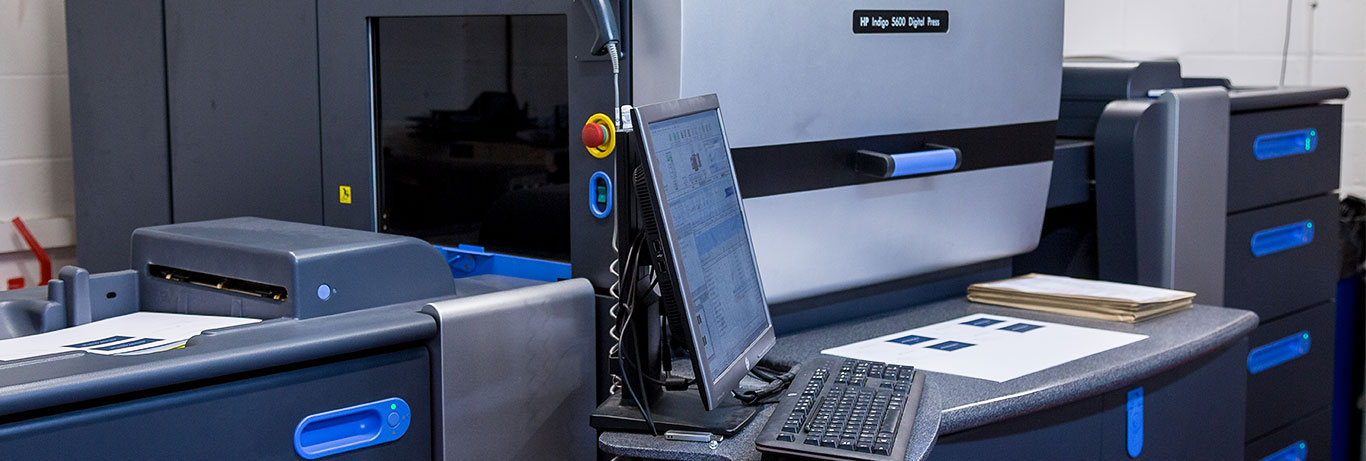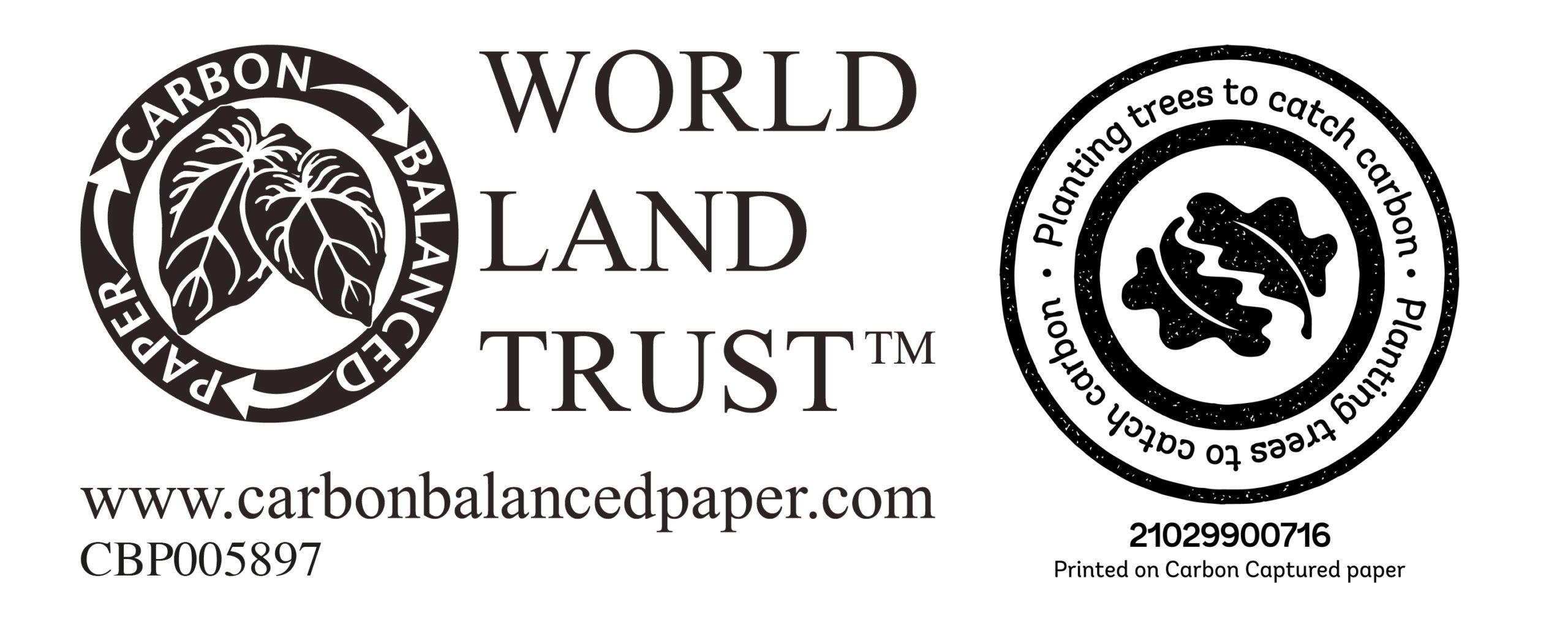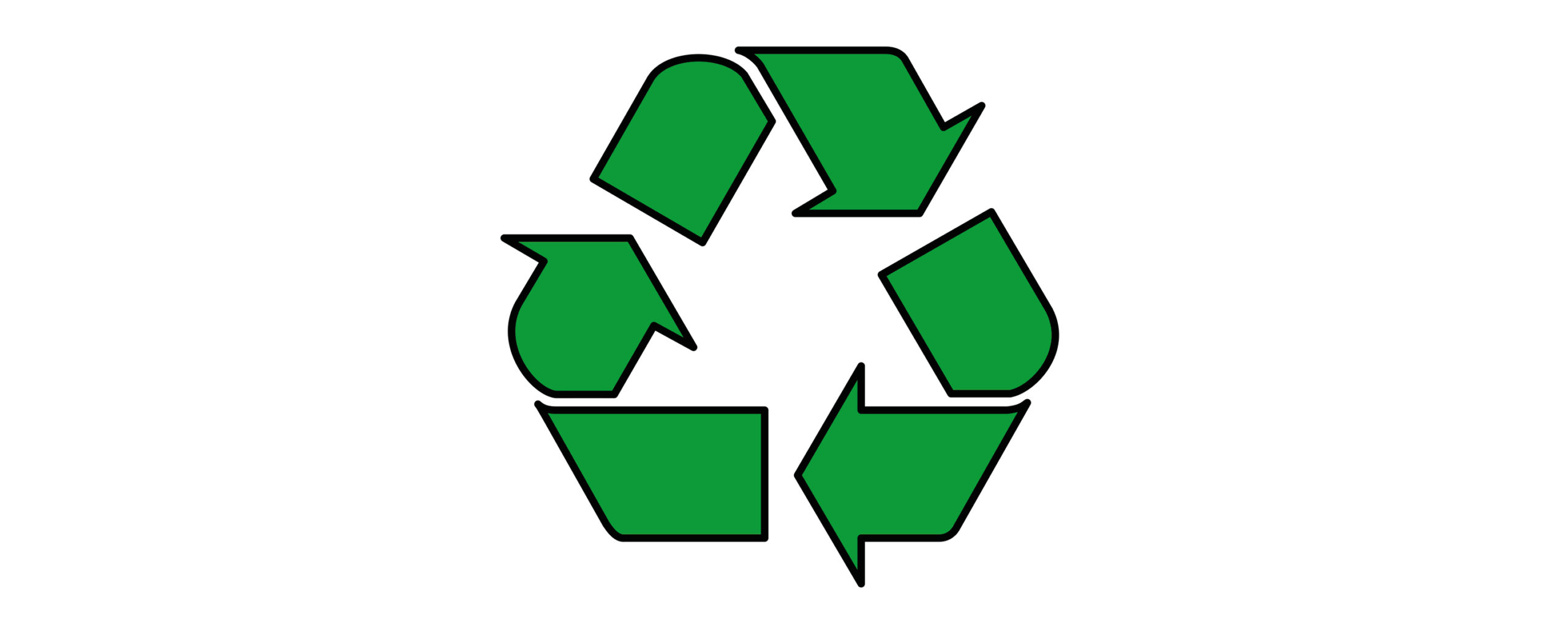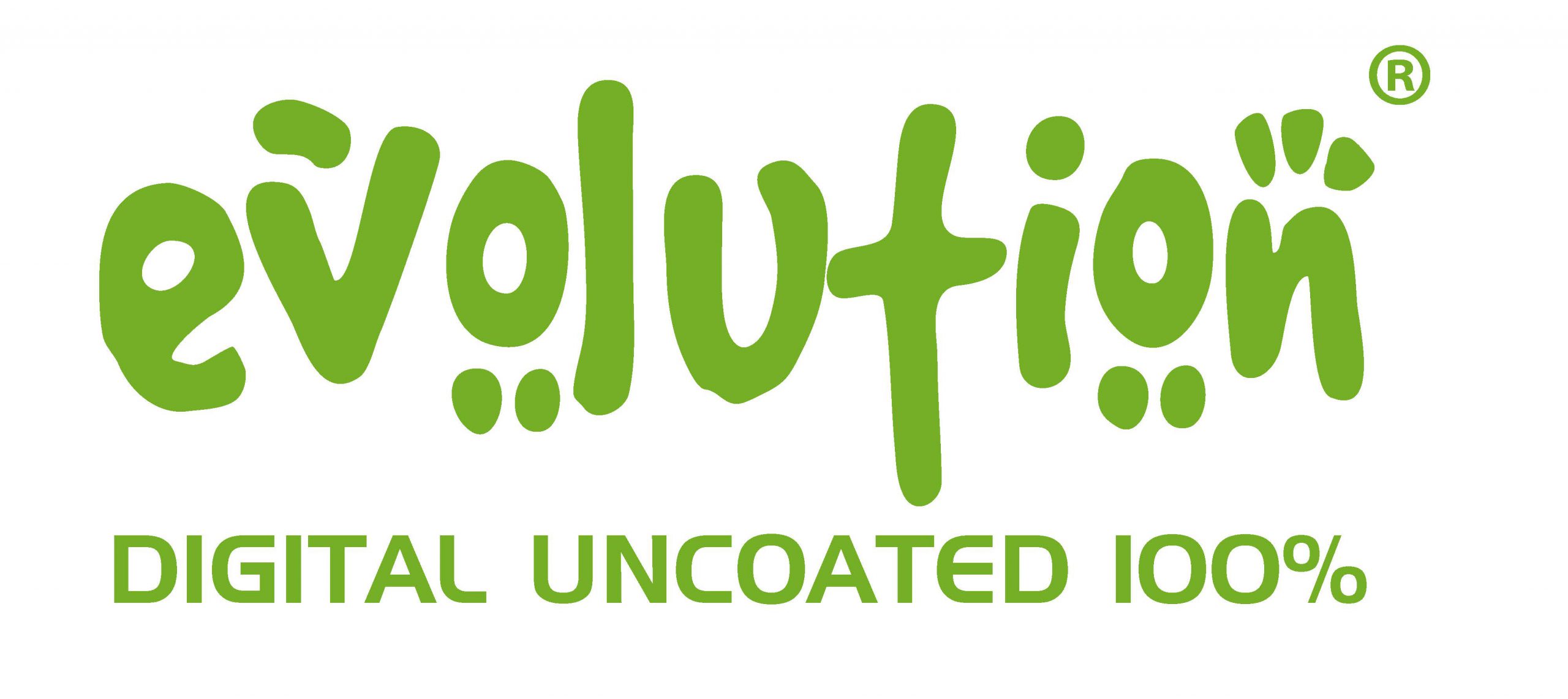Environmental responsibility is an integral part of our business. Ashwyk has four main pillars of sustainability that cements our intent for minimum impact on our environment and our drive in lowering our carbon footprint:
• HP Indigo digital production with minimum waste
• Carbon Balance all main paper stocks with ‘Woodland Trust’
• Recycle paper waste and responsibly dispose of press consumable waste
• Offering a wide range of 100% PCW recycled stocks

Low waste paper, ink and consumables.
Compared to traditional litho offset. Hp Indigo digital uses significantly less paper when setting up. Typically we need only 2 to 5 sheets of paper setting up a full colour print job. Offset litho will need around 50 to 100 sheets. This is also the same for other consumables. Ink for example is fully recycled through the press as is imaging oil.
No printing plates.
HP Indigo uses a blanket to transfer ink to media. The blanket is heated, melting and blending the ElectroInk particles into a smooth film. This produces an image that is completely defined on the blanket, transferred to the substrate by direct contact.
All HP Indigo presses are manufactured carbon neutral.
Indigo has mapped, calculated and executed the necessary steps to offset the greenhouse gas emissions associated with the manufacturing of their presses from cradle (raw materials mining) to factory gate.
For more info please see their sustainability guide
Less energy consumption.
Historically, solvent-based printing machines tended to be less energy efficient because of the heat required in the drying part of the process. In addition, venting and ducting were both essential requirements for extracting solvents away from the print floor.” Modern digital printing brings “energy-saving and eco-driving principles into its design, build and ultimate operation.” This means that digital printing requires far less energy, end-to-end, making its environmental footprint much smaller than lithographic processes.

Basically, all paper we stock from Premier is carbon offset through the Woodland Trust, and all paper we stock from Antalis is carbon offset through the World Land Trust.
Some of the paper brands that can use the Woodland Trust logo (Premier):
• All silk and gloss (Essential/Garder/Condat)
• Arco print
• Evolution recycled
• Splendorgel
• Tintoretto
• Sirio
Some paper brands that can use the World Land Trust logo (Antalis):
• All silk and gloss (Claro/Silver/UPM)
• I print
• Image Indigo
• Popset
• Conqueror
What is carbon offsetting?
We work with the World Land Trust and the Woodland Trust to deliver carbon balanced paper and board. It’s a way of reducing the impact of our product, and a way you and your business can make all your communication environmentally-responsible. Programmes such as Carbon Capture from the Woodland Trust calculate the average volume of CO2 created by the manufacture and disbursement of paper and board. This is then offset by the manufacturers who pay a set amount (verified by DEFRA and the Woodland Trust) which is used to help purchase woodland and develop existing woodland.
Why is it important?
Woodland is the second largest storage of CO2, after the oceans. Worldwide destruction of woodland for manufacture and building is having a negative impact on our environment and contributing to climate change. By taking action to minimise our impact, we can help preserve the world we live in.
What are the benefits to businesses?
As well as the obvious benefits of mitigating climate change, choosing paper made by a company that supports these initiatives has a hugely positive impact for your business. You can use the Woodland Trust or World Land Trust logo in all your printing and marketing communications.

Paper waste / Press Consumable waste / General waste
Paper waste
All paper waste is collected by DM Leftly & sons. It is then processed by hand, cleaned of impurities and then loaded into 13 tonne bulk loads. Each bulk load is then sent to the paper mill where it is turned into pulp. The pulp is then used again for items such as paper, napkins, toilet paper and corrugated cardboard.
Press Consumable waste
HP Indigo consumable waste such as Ink cans, BID units, Imaging Oil and Bobbin wire are collected by J & G Environmentals Ltd.
J&G Environmental are specialists in waste management to the printing, photographic and healthcare industries. They provide expertly-managed collection, treatment, disposal and recycling services to thousands of customers throughout England and Wales.

Evolution uncoated:
The Evolution range of papers is now at the top of the evolutionary tree in many ways. It has been developed to meet the specific technological requirements for digital
printing together with unparalleled environmental credentials. Evolution Digital is produced at an integrated recycled mill with industry leading environmental standards.
Evolution Digital Uncoated 100%, is a 150 CIE high white uncoated sheet produced using 100% reclaimed FSC® certified fibre.
Accent Antique Natural:
Originally developed by G . F Smith to meet a single client’s bespoke request, Accent Antique was a pioneering paper that had an immediate impact on the home craft and cards market, and for good reason. Launched in 1997, the paper has a matt appearance and is soft to the touch, with a delicate natural texture on both sides (created by one of two specially designed rollers) that picks up a high degree of print detail. It is acid-free, FSC certified and the Natural range is from 100% PCW.
Extract (from coffee cups):
Extract is a pioneering paper inspired by our environment. It is a dynamic combination of chemistry and artistry that takes disposable paper coffee cups destined for landfill and transforms them into beautiful paper. With ten colours drawn directly from nature, the product is the result of a unique collaboration between consumer, recycler and papermaker. Using CupCyclingTM technology, we are taking 90% of the waste from each cup and converting it back into FSC certified paper fibre. This means every sheet of Extract in 380gsm paper contains at least five upcycled coffee cups. The remaining 10% of waste – which is plastic – will become something else entirely. It is a zero waste process, so the more Extract that gets used, the fewer cups go to landfill or incineration.